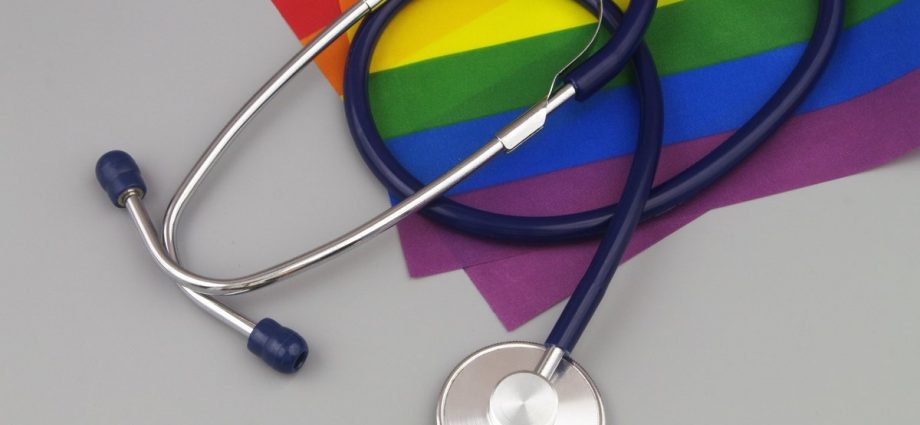FRIDAY, May 31, 2024 (HealthDay News) — While LGBTQ+ people have higher risk factors for cancer, they are apt to face discrimination when in need of high-quality medical care, a new report shows.
In particular, LGBTQ+ people have to worry that a health care provider will refuse to treat them due to their gender identity and sexual orientation, the American Cancer Society (ACS) report says.
That concern is particularly valid for the 20% of the U.S. population who reside in one of nine states where it is legal to refuse care to LGBTQ+ people, the ACS noted. Those states have “conscience clauses” that allow medical staff and insurers to deny care based on their personal or religious beliefs.
“One of the biggest take-aways from our report is that LGBTQ+ people are probably at higher risk for cancer, yet experience multiple barriers to high-quality healthcare access like discrimination and shortfalls in provider knowledge of their unique medical needs,” said senior study author Rebecca Siegel, senior scientific director for cancer surveillance at the ACS.
“Everyone deserves an equal opportunity to prevent and detect cancer early, which is why it’s so important to remove these roadblocks for this population,” Siegel added in an ACS news release.
The report, titled Cancer in People who Identify as Lesbian, Gay, Bisexual, Transgender, Queer or Gender-nonconforming (LGBTQ+), is the first of its kind, the ACS noted.
Compared to the general population, LGBTQ+ people in the U.S. are more likely to smoke, have excess body weight and have other factors that increase their cancer risk, the report found.
For example, bisexual women are twice as likely as heterosexual women to smoke cigarettes (23% versus 10%) and drink heavily (14% versus 6%).
Previous research has found that “minority stress” likely contributes to behaviors that increase cancer risk, they researchers added.
The report also found that cancer-causing infections like HIV, HPV and hepatitis C are considerably higher in some LGBTQ+ groups. For example, HIV-infected people are at higher risk for at least 10 cancers.
Additionally, screening for some cancers is low among transgender people.
Only 46% of transgender men are up to date on colon cancer screening, compared to 60% of heterosexual men. And 68% of transgender men with a cervix are up to date on cervical cancer screening, compared to 87% of cisgender men.
The report also found that health care professionals don’t feel prepared to treat LGBTQ+ people, particularly transgender patients.
Only 25% of medical students say they’re confident regarding the healthcare needs of transgender people, and 30% say they wouldn’t be comfortable treating a transgender patient, the report found.
“All people should have a fair and just opportunity to live a longer, healthier life free from cancer,” said Lisa Lacasse, president of ACS’ advocacy affiliate, the American Cancer Society Cancer Action Network.
“As part of our mission to advocate for public policies that reduce the cancer burden for everyone, ACS CAN urges policymakers and lawmakers to prioritize policies that address the serious challenges and barriers to comprehensive access to health care that LGBTQ+ people experience,” Lacasse added.
More information
The National Cancer Institute has more about LGBTQ+ people and cancer.
SOURCE: American Cancer Society, news release, May 31, 2024
Copyright © 2026 HealthDay. All rights reserved.

